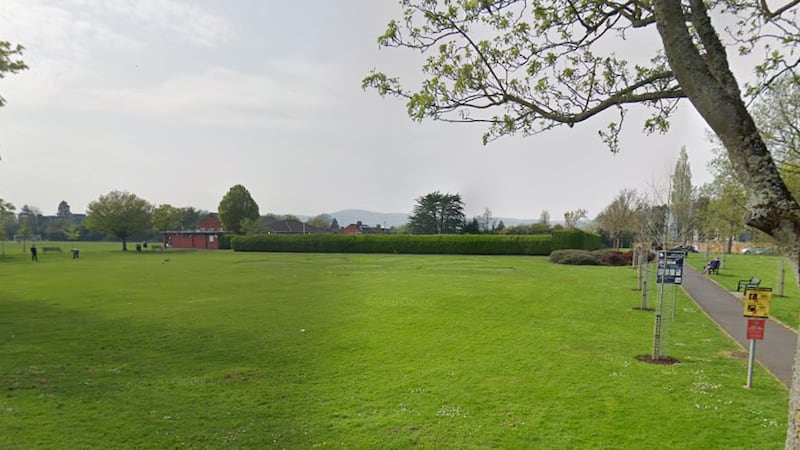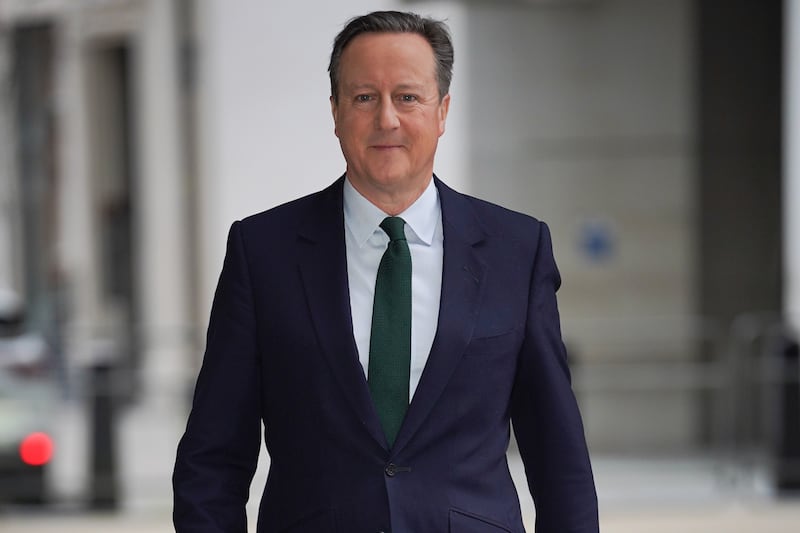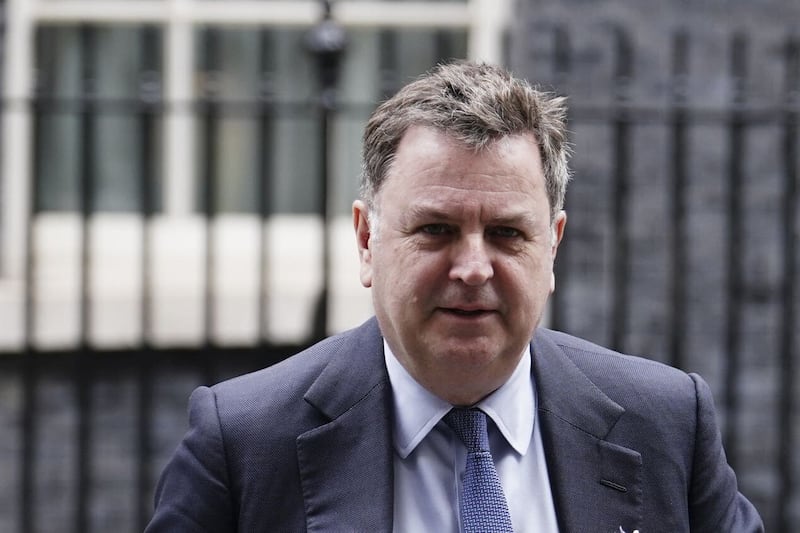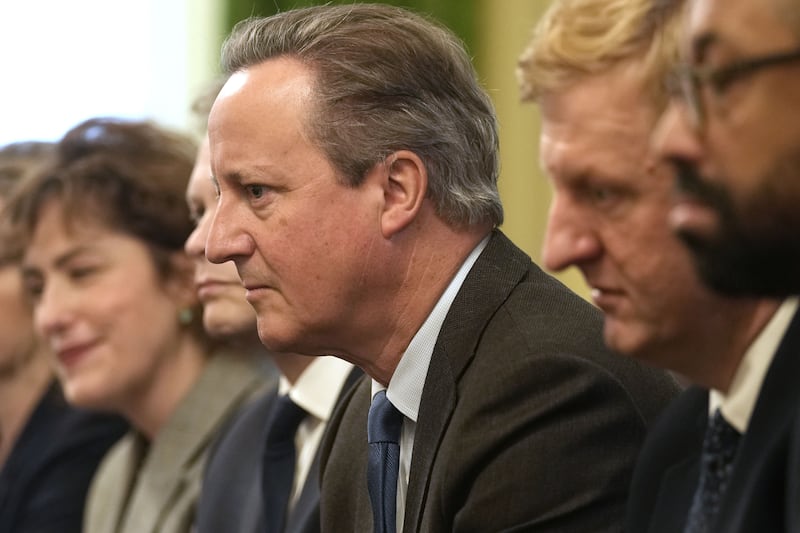Backing Brexit is a vote for recession which could kill up to 15,000 jobs in Northern Ireland, Chancellor George Osborne has warned.
Treasury officials used two models to look at the possible effects on the UK, with the worst-case scenario, a severe shock, putting an extra 820,000 people across Britain on the dole, with an 18 per cent plunge in house prices in the two years after Brexit.
If economic damage was limited to a shock, unemployment would rise by 520,000 people, and house prices would fall by 10 per cent, according to the Treasury analysis.
Public sector borrowing would rocket by £24 billion under the shock scenario, and £39 billion in a severe shock situation.
Mr Osborne said the economic impact was too high a price to pay for Brexit as a DIY recession would be triggered.
"With exactly one month to go until the referendum, the British people must ask themselves this question – can we knowingly vote for recession?" he said.
"And to those who say we should vote to leave, I'd say this: you might think the economic shock is a price worth paying. But it's not your wages that will be hit, it's not your livelihoods that will go, it's not you who will struggle to pay the bills.
"It's the working people of Britain who will pay the price if we leave the EU," Mr Osborne said.
Treasury sources pointed out that Britain could be left in economic limbo for up to a decade as a new deal with the EU did not have to be concluded during the two-year post-Brexit "divorce" period.
This would mean either the UK remaining an EU member under terms agreed by the other nations in the block, or reverting to World Trade Organisation status, fuelling "repeated and persistent increases in uncertainty" for the economy.
The Treasury insisted its figures presented possible scenarios, and were not forecasts.
Under the severe shock scenario, average real wages would fall by 4 per cent, and they would drop by 2.8 per cent under the shock case.
Sterling would fall by 15 per cent under a severe shock, and 12 per cent if damage was limited to a shock scenario.
Inflation would be boosted by up to 2.7 per cent depending on how badly the economy was hit by Brexit.
GDP would drop by either 3.6 per cent, or 6 per cent, under the scenarios.
Treasury sources insisted that they had been "conservative" in their analysis.
The Treasury modelling shows the economy contracting by between 0.1 per cent and 0.4 per cent every three months for a year, beginning in the third quarter of this year.
Mr Osborne said Brexit would have a negative impact on wages and jobs.
"The Treasury's analysis finds that real wages will fall by almost 3 per cent in the first two years compared to where they'd be if we remain in the EU," Mr Osborne said
"To put that in perspective - that's a pay cut worth almost £800 a year to someone working full-time on the average wage.
"Within two years, at least half a million jobs would be lost.
"That's 80,000 in the Midlands, over 100,000 jobs across the north [of England], over 40,000 jobs in Scotland, over 20,000 in Wales, almost 15,000 in Northern Ireland.
"In London, over 70,000 jobs would be lost. Here, across the south [of England], almost 120,000 jobs would go.
"And that's the lower end of the estimates - across Britain as many as 820,000 jobs could be lost."








